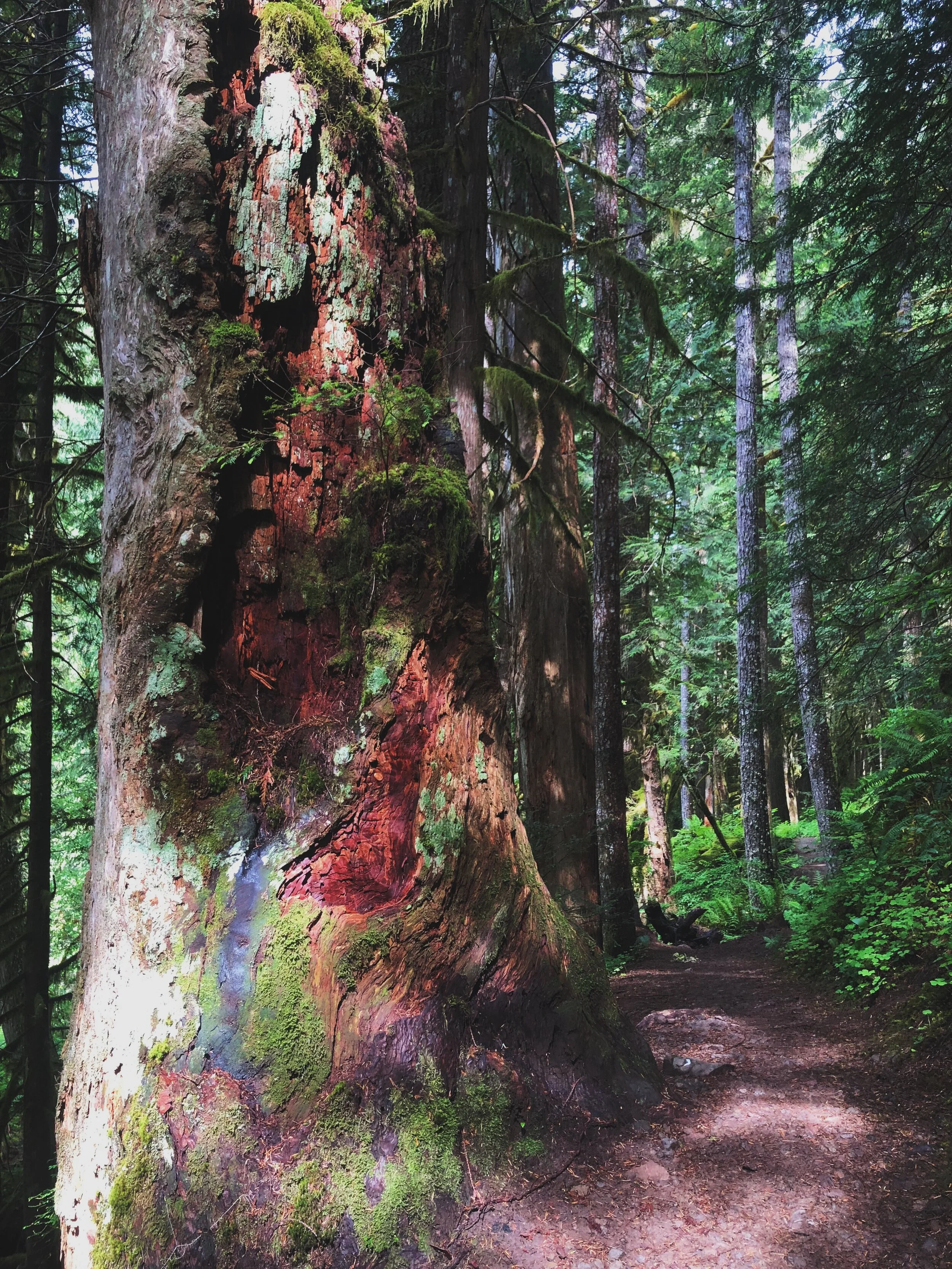July, third week :: 2021
/The house is painted now, a deep, deep green that echoes the trees around it. Every time I go outside to see it I find myself sighing with relief. The color feels restful, joyful, even, if you think of joy as being a kind of rightness, a harmony between purpose, place, and delight.
Ever notice how sometimes a word or an idea begins to follow you around, peeping out of places you don’t expect or even bubbling up surprisingly out of your own interior? That’s how it’s been for me the last few weeks with the word joy. It popped up in school when I was asked why I want to write, it showed up on my birthday when I thought about who I wanted to spend time with, it’s guiding my future choices about school and work, it colors the effort I put into my marriage.
I’ve spent a lot of my life, way too much of it, walled into obligation, expectation, and duty like some kind of medieval anchorite. Dismantling those structures has been fearful, uncomfortable work at times (often because I hate disappointing people and freeing yourself inevitably disappoints someone), but now that I am on the other side of it, I’ve found joy waiting for me everywhere. What I want more than anything is to take that joy in my arms and spin it around and laugh myself silly.
I’ve noticed though, that as soon as I start talking like that, someone else feels threatened by it. Here’s what I have to say: whatever joy or freedom we’ve found is our own. No one gets to pass judgement on it or decide if its the right kind of freedom or the real kind of joy. It’s ours to keep and savor. By the same token, someone else can find release and joy in the places and ideas we’ve left behind. Real freedom relieves us of the need to control or sway others.
What I hope is that each of us will go our way in peace. That we’ll learn to trust our own paths. That we will let anyone who can’t be happy for us go without resentment and wish them peace on their own ways. Freedom is too precious to tangle up in other people’s doubts or fears or needs. <3
Gathered:
~ A new story for newsletter subscribers in the Story Room. If you’d like to have access, click the Subscribe button in the side bar or go to the Subscribe page.
~ One of the hardest parts of the day for me is transitioning between my writing work and my household work. I’ve been using these silent videos to help me get excited about switching gears. I watch 15 minutes at a time while I’m eating lunch or having a cup of tea and then I feel like getting to work again!
~ This beautiful excerpt from 16-year-old Dara McAnulty’s Diary of a Young Naturalist.
“My dark, knotted thoughts seem to be staying away at the moment. I feel as free as the gannets and swallows. If they can live their lives, shouldn’t I do the same? Can I breathe and live and also fight? The natural world—which includes us—is facing such enormous challenges that it’s easy to become overwhelmed and depressed. But we must fix them, and if I’m no longer here, alive, I can’t be part of the solution. What is it that’s holding me back? Anxiety?
Depression? Autism? These are the shackles. Surely, I can break free. Or at least I can accept these things as part of me. I have no answers, but the lightness of these thoughts and these days weave my body and mind with everything around me. The only thing that I am really bound to is nature—as we all are.”
Joy and peace to you, my friends.
tonia











